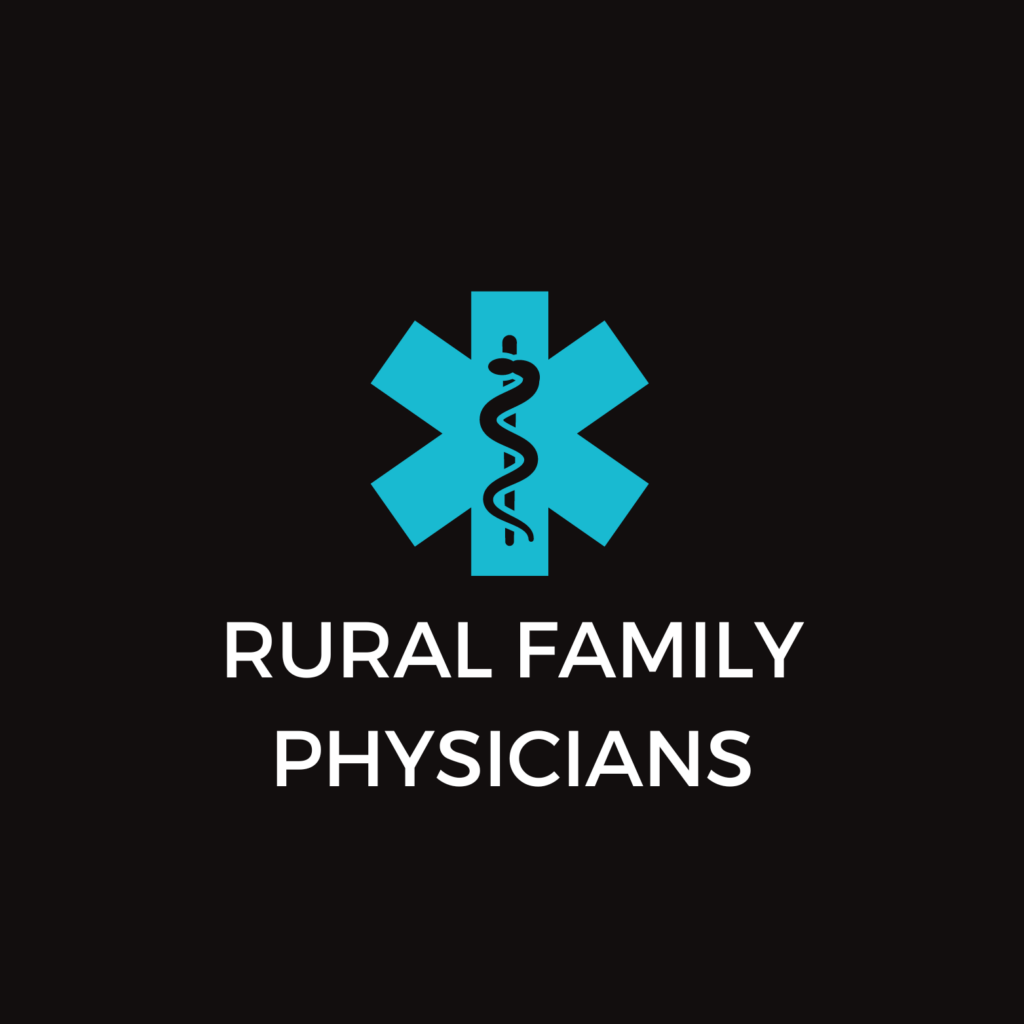Critical Access Hospitals and other important healthcare programs face significant challenges as policymakers in Washington work on reducing the deficit and cutting federal spending. The Budget Control Act of 2011, passed earlier this summer, calls for $1.2-$1.5 trillion reduction in federal expenditures over the next ten years. A bipartisan “Super Committee” of 12 members of Congress has been created to develop recommendations for reaching the $1.2+ trillion goal. If this Committee cannot produce a proposal to Congress by November 23, or if Congress fails to approve any proposal by December 23, automatic 2% cuts, or sequestration, will be applied to Medicare provider rates, defense, and other programs.
Rural hospitals and Medicaid have been targeted in various proposals to the Super Committee and to Congress as a whole. Proposals include eliminating the Critical Access Hospital (CAH) program, removing CAH designation for any facility within 10 miles of another hospital, reducing CAH reimbursement to 100% of costs, lowering the federal matching rate for Medicaid to the states, and reducing the Medicaid Hospital Provider Fee. Earlier this month, CRHC co-hosted a webinar with the Area Health Education Centers that outlined the proposals under consideration by the Super Committee and the potential impacts of these proposals and sequestration. If you could not attend, a recording of the webinar and the presentation is available online.
Colorado’s Congressional delegation needs to hear from constituents about the impact these cuts will have on rural providers and access to care in rural communities. Please contact the healthcare staff for your representative, Senator Udall, and Senator Bennet today with these messages:
- Cuts in federal healthcare programs may be inevitable, however, certain deficit reduction proposals being discussed are disproportionately harmful to rural communities and will impact access to care.
- Medicare payments to rural safety net providers, including cost-based reimbursement for critical access hospitals, should be shielded from cuts.
- Ask them to share their concerns with members of the Super Committee and their caucus leaders and encourage them to reach agreement to avoid sequestration.
- Across-the-board cuts required by sequestration will fall harder on rural communities.
CRHC has posted several resources on its website to assist you and thank you for your efforts on behalf of rural providers and communities. Please contact us if you have any questions.



